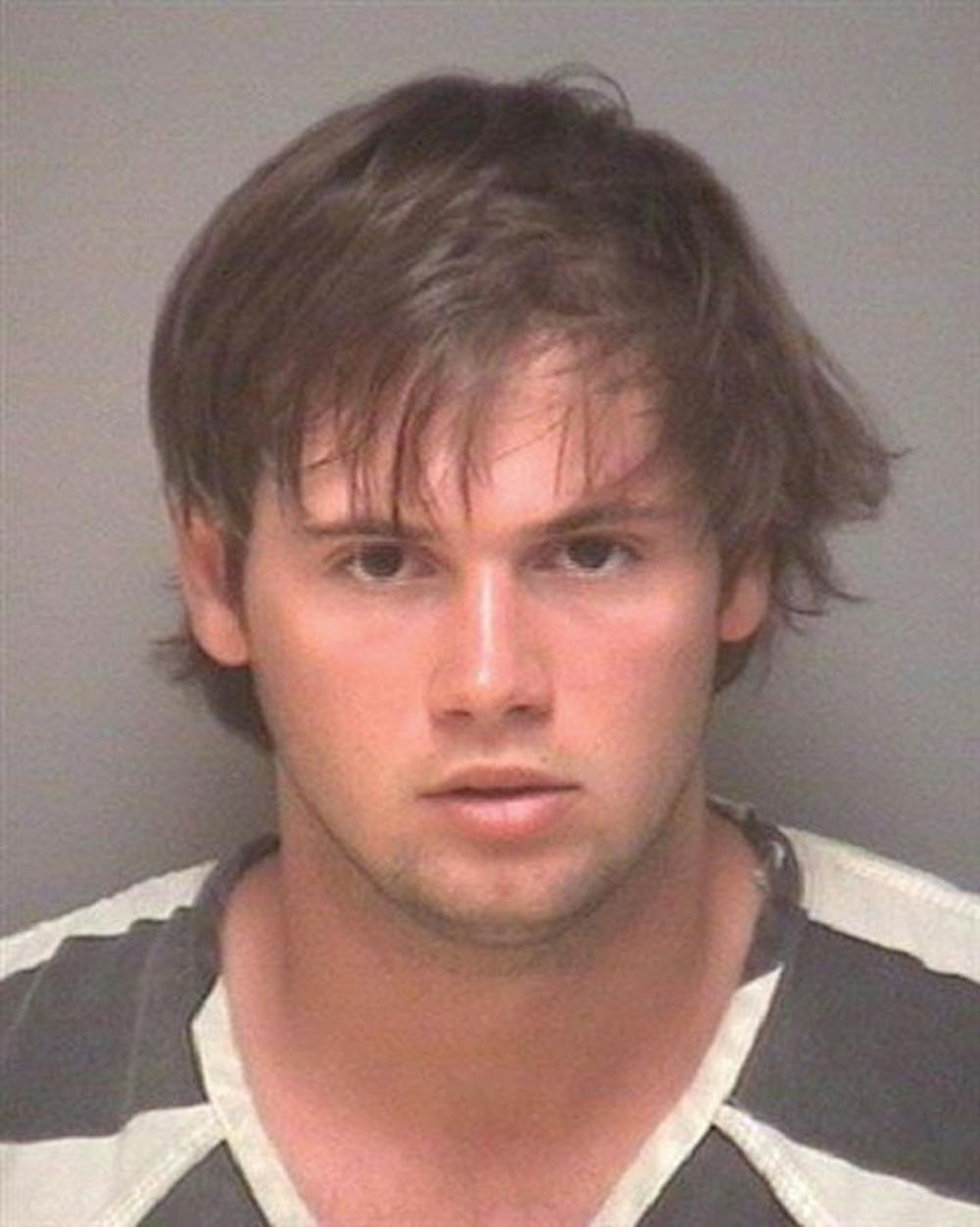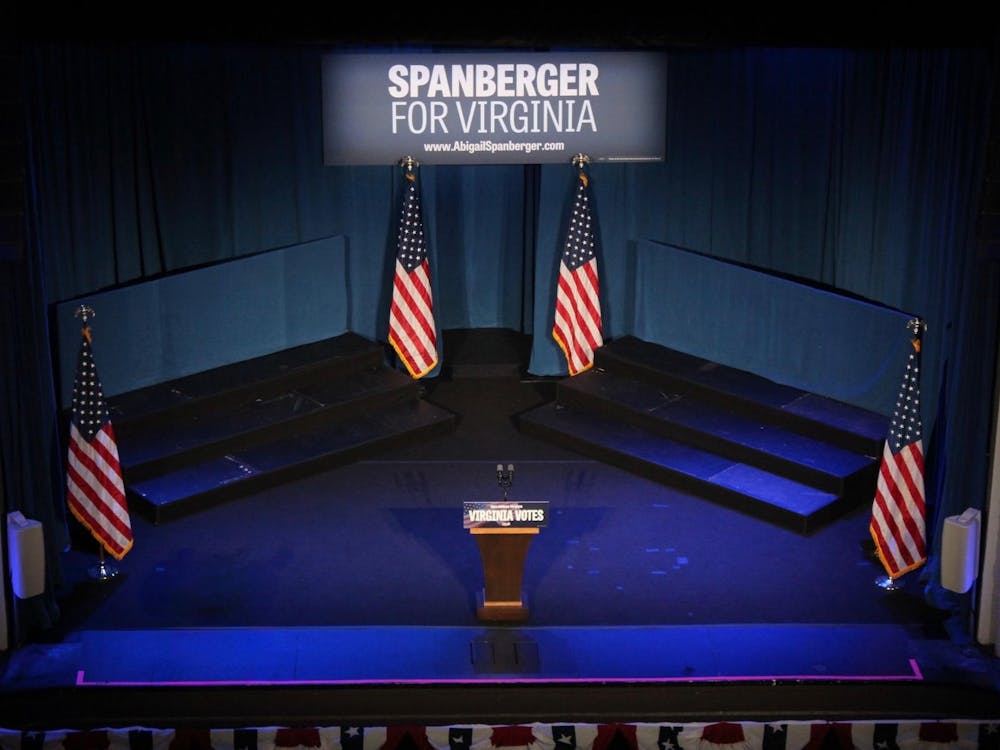A new petition has been filed for a post-conviction relief to overturn former University student George Huguely’s second-degree murder conviction.
Huguely’s new attorney Jonathan Sheldon filed the petition for a writ of habeas corpus, or unlawful imprisonment, to the Charlottesville Circuit Court on Wednesday.
In 2012 Huguely was convicted for the 2010 murder of fellow University student and ex-girlfriend Yeardley Love. He is currently serving a 23-year sentence.
A petition for a writ of habeas corpus can be filed after a criminal conviction to obtain a new trial or new sentencing hearing where there is proof of constitutional errors in the trial or sentencing proceeding, Assistant Law Prof. Jennifer Givens said.
“There are errors alleged in the recently filed petition which, if true, are substantial and would establish grounds for relief (in the form of a new trial) in most cases,” Givens said in an email statement.
Petitions of this kind are not filed in a majority of criminal cases, Givens said.
“While each criminal trial is unique, it appears (based on allegations set forth in Mr. Huguely’s petition) that his trial may have been infected by an unusual number of constitutional errors,” Givens said.
If the petition fails, other alternatives include the possibility of an appeal to the Supreme Court of Virginia, Givens said.
A date for the hearing has not been scheduled.







